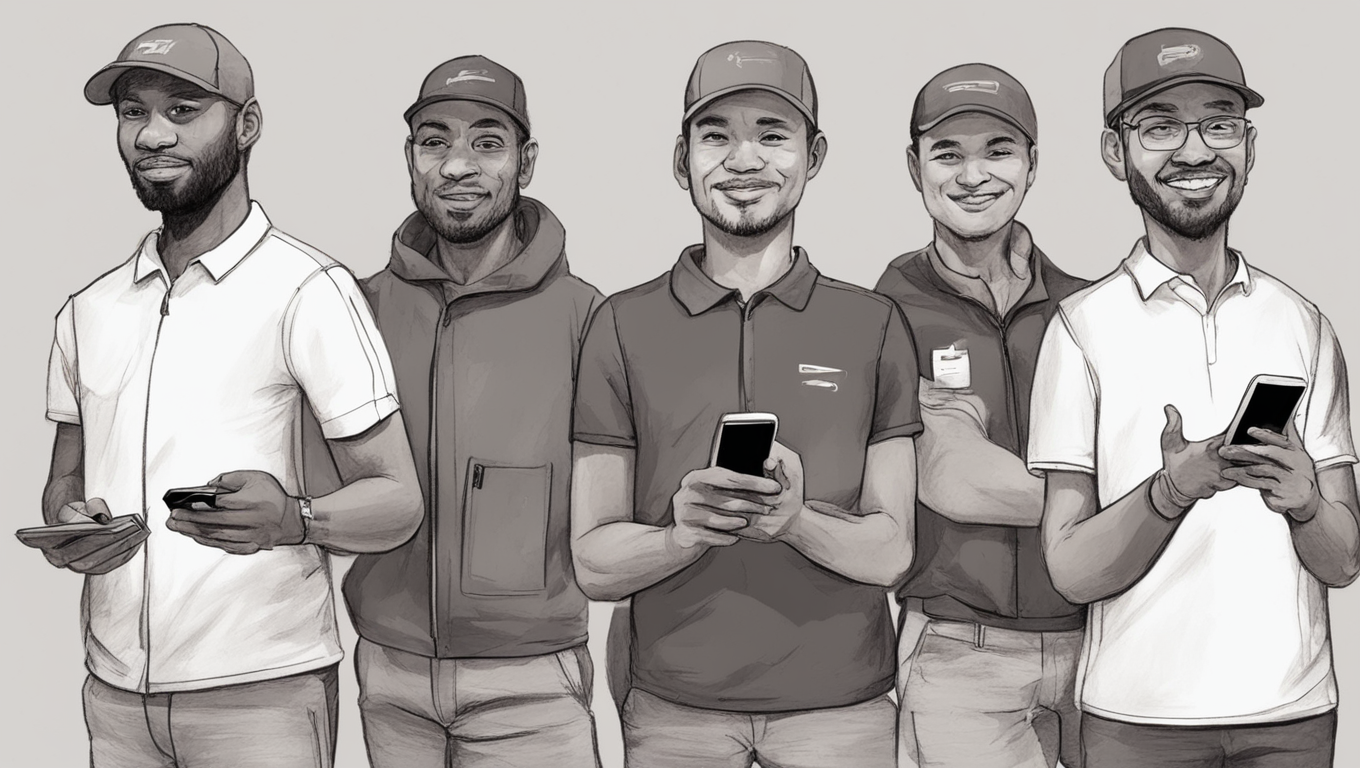Uber Eats Driver Wins Settlement in Racial Bias Case Involving Facial Recognition Technology
In a groundbreaking case that highlights the potential pitfalls of AI technology, an Uber Eats driver has secured a settlement after alleging that the platform’s facial recognition checks had discriminatory implications. Pa Edrissa Manjang, a black driver, claimed that he was repeatedly subjected to difficulties with the platform’s verification process, resulting in his removal from the platform. Despite submitting photos that accurately represented his appearance, the facial recognition system failed to recognize him, leading to his dismissal.
Support and funding for Mr. Manjang’s legal claim were provided by the Equality and Human Rights Commission (EHRC) and the App Drivers and Couriers Union (ADCU). Both organizations expressed concerns about the use of artificial intelligence and automation in this case, specifically in how it could lead to the permanent suspension of a driver’s access to the app, effectively denying them employment opportunities. Baroness Kishwer Falkner, chairwoman of the EHRC, emphasized the need for transparency and accountability in AI systems, saying, “More needs to be done to ensure employers are transparent and open with their workforces about when and how they use AI.”
The settlement represents a significant victory for Mr. Manjang and draws attention to the inherent dangers of unchecked AI technology. As AI usage becomes increasingly prevalent, there is a growing risk of discrimination and human rights abuses. The complexity of AI poses unique challenges for employers, lawyers, and regulators, and it is crucial to address these concerns to establish fair and just practices.
The case has also shed light on the difficulties faced by low-paid workers in the gig economy, who often lack the resources and support to navigate legal challenges related to AI technologies. Mr. Manjang hopes that his case will serve as a catalyst for strengthening the rights and protections of workers, particularly ethnic minorities, in relation to AI.
Uber Eats has not yet provided a comment regarding the settlement. However, this case serves as a wake-up call for companies like Uber to ensure that their automated systems do not perpetuate unlawful discrimination. As major companies increasingly rely on automation to manage their workforce, it is essential to safeguard against bias and to prioritize transparency and accountability in the implementation of AI systems.
The implications of this case extend beyond the specific circumstances surrounding Mr. Manjang’s dismissal. It serves as a reminder that the unchecked use of AI can have far-reaching consequences, including economic and social disparities. As AI becomes more integrated into our society, it is crucial for employers, policymakers, and tech developers to work together to ensure that these technologies are used in a responsible and ethical manner.
In conclusion, this landmark settlement underlines the urgent need to address the potential biases and shortcomings of AI technology. It serves as a reminder that technology, while promising in many ways, can also perpetuate discrimination and infringe upon individuals' rights. With growing awareness and collaboration, we can strive to use AI for the betterment of society, promoting fairness, equality, and justice in all aspects of life.





Use the share button below if you liked it.